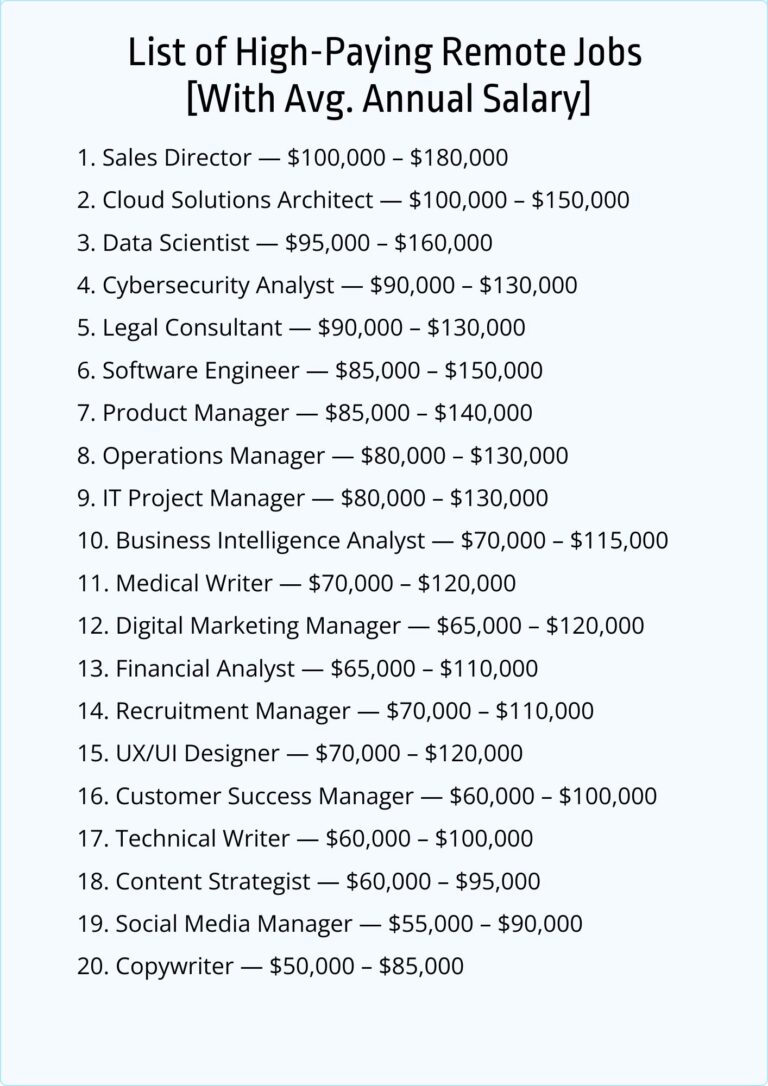Museum and Cultural Heritage Careers: Preserving the Past for Future Generations
Museum and cultural heritage careers offer an exciting opportunity to work at the intersection of history, art, and education. These fields are essential in preserving our cultural legacy, ensuring that future generations can learn from and appreciate the artifacts and traditions of the past. Whether you’re passionate about art, archaeology, history, or anthropology, a career in museums and cultural heritage can be deeply fulfilling. This article explores the various career paths available, the skills required, and how to get started in this unique and rewarding sector.
Exploring the Different Career Paths in Museums and Cultural Heritage
The museum and cultural heritage sector is diverse, offering a wide range of career opportunities. Professionals in this field work to protect, preserve, and promote cultural treasures. Some of the most common career paths include:
- Curator: Curators are responsible for managing collections, overseeing exhibitions, and ensuring that artifacts are properly preserved. They often specialize in specific areas, such as art, history, or science.
- Conservator: Conservators focus on preserving and restoring artifacts, ensuring that they are protected from damage or decay. This role requires specialized knowledge in chemistry and materials science.
- Archivist: Archivists work with historical documents, photographs, and records, ensuring they are properly stored and accessible for research.
- Museum Educator: Museum educators develop programs that engage the public and enhance their understanding of exhibits. This role often involves working with schools, tourists, and community groups.
- Cultural Heritage Manager: These professionals oversee the management and protection of cultural sites, ensuring that they are preserved for future generations. They may work with governments, NGOs, or private organizations.
Each of these roles plays a vital part in maintaining the integrity of our cultural heritage while engaging the public in meaningful ways.
Key Skills Needed for Success in Museum and Cultural Heritage Careers
To excel in museum and cultural heritage careers, professionals must develop a diverse skill set. These roles require a combination of technical knowledge, creativity, and a passion for history. Some of the key skills needed include:
- Attention to Detail: Whether you are cataloging artifacts, restoring documents, or curating exhibitions, attention to detail is crucial for maintaining accuracy and ensuring proper preservation.
- Research Skills: Understanding the historical and cultural context of objects or documents is essential. Strong research skills are required for curating exhibits and interpreting artifacts.
- Communication Skills: Museum professionals often work with the public, collaborators, and researchers. Strong communication skills are necessary to engage and educate audiences effectively.
- Project Management: Many roles in this field involve managing projects, whether it’s planning an exhibition, overseeing the restoration of an artifact, or coordinating educational programs.
- Technical Expertise: Knowledge of preservation techniques, museum software, and archival practices is increasingly important, particularly for conservators and archivists.
Developing these skills can significantly improve your chances of success in the museum and cultural heritage sectors.
How to Get Started in the Museum and Cultural Heritage Sector
Getting started in the museum and cultural heritage sector often requires a combination of education, experience, and passion. Here are some steps to consider:
- Pursue Relevant Education: Many roles in this field require a degree in areas such as museum studies, history, archaeology, anthropology, or art history. Some positions may require specialized postgraduate qualifications, such as a Master’s in Conservation or Curatorial Studies.
- Gain Practical Experience: Internships, volunteer opportunities, and entry-level positions in museums or cultural organizations are an excellent way to gain hands-on experience. Many museums offer internships that provide valuable exposure to the industry.
- Build a Network: Networking is essential in this field. Attend conferences, workshops, and events related to museum and cultural heritage work to meet professionals and learn more about the industry.
- Develop a Portfolio: For roles such as curator or conservator, building a portfolio of your work—whether it’s curating exhibitions, restoring artifacts, or writing research papers—will help you stand out to potential employers.
Building a career in museums and cultural heritage takes time and dedication, but the rewards are significant for those passionate about preserving and sharing cultural history.
The Growing Importance of Digital Tools in Museum Careers
As technology continues to evolve, digital tools are becoming increasingly important in the museum and cultural heritage fields. From digital archives and 3D scanning to virtual reality exhibits, technology is transforming how museums operate and engage with the public. Professionals in this sector must be adaptable and open to integrating new technologies into their work. Key areas where digital tools are having an impact include:
- Digital Archiving: Creating digital records of artifacts and documents ensures that they are accessible for research and preservation, even if the physical items are damaged or deteriorate.
- Virtual Exhibits: Virtual reality and online platforms allow museums to create interactive exhibits that can reach a global audience, making cultural heritage accessible from anywhere.
- Conservation Technology: Advanced imaging techniques and digital restoration tools are revolutionizing how conservators assess and restore damaged artifacts.
Familiarity with digital tools and platforms can provide a competitive edge for those entering the museum and cultural heritage field, enabling professionals to stay ahead of technological trends and enhance their work.
How to Make a Lasting Impact in Museum and Cultural Heritage Careers
To make a meaningful and lasting impact in museum and cultural heritage careers, professionals must approach their work with a deep respect for cultural heritage, an understanding of global issues, and a commitment to engaging with diverse audiences. Some strategies for making a lasting impact include:
- Focus on Inclusivity: Museums and cultural organizations are increasingly focusing on inclusivity and representation. Creating diverse, accessible exhibits that reflect the experiences and cultures of various communities is an important aspect of modern museum work.
- Engage the Public: Successful museum professionals understand the importance of engaging visitors. This can involve creating educational programs, interactive exhibits, or community outreach initiatives that connect with a wide range of people.
- Advocate for Preservation: As cultural heritage sites and artifacts face growing threats from climate change, looting, and urban development, advocating for the preservation of cultural treasures is a vital role for professionals in this field.
By embracing these strategies, you can help ensure that museums and cultural heritage sites continue to inspire and educate future generations.
Frequently Asked Questions
1. What qualifications do I need to work in a museum?
Qualifications vary depending on the role, but a degree in fields such as museum studies, archaeology, history, or art history is often required. Specialized roles like conservators may require additional postgraduate education.
2. What are the job prospects in museum and cultural heritage careers?
The job market for museum professionals is competitive, but opportunities are growing, especially in digital preservation, virtual exhibitions, and cultural heritage management.
3. Can I work in a museum without a degree?
While a degree is often preferred, many museums offer internships and entry-level positions that allow you to gain experience and build your skills, which can lead to permanent roles.
4. What types of museums offer career opportunities?
Career opportunities are available in a wide range of museums, including art, history, science, and natural history museums, as well as cultural institutions, heritage sites, and galleries.
5. How do I gain experience in museum work?
Gaining experience through internships, volunteer work, or part-time roles in museums is crucial. Many museums also offer training programs that can provide hands-on experience in curation, conservation, and education.



